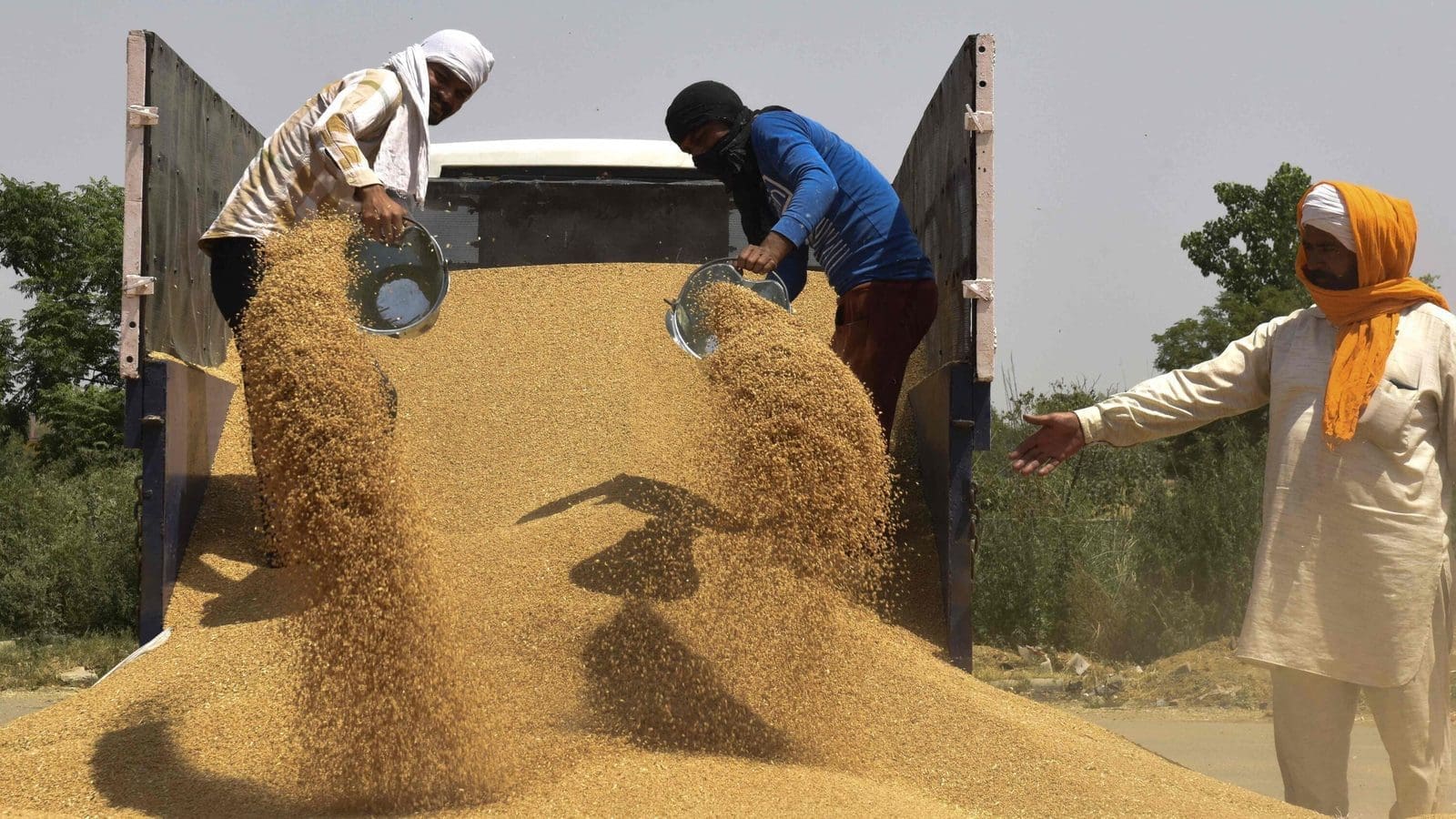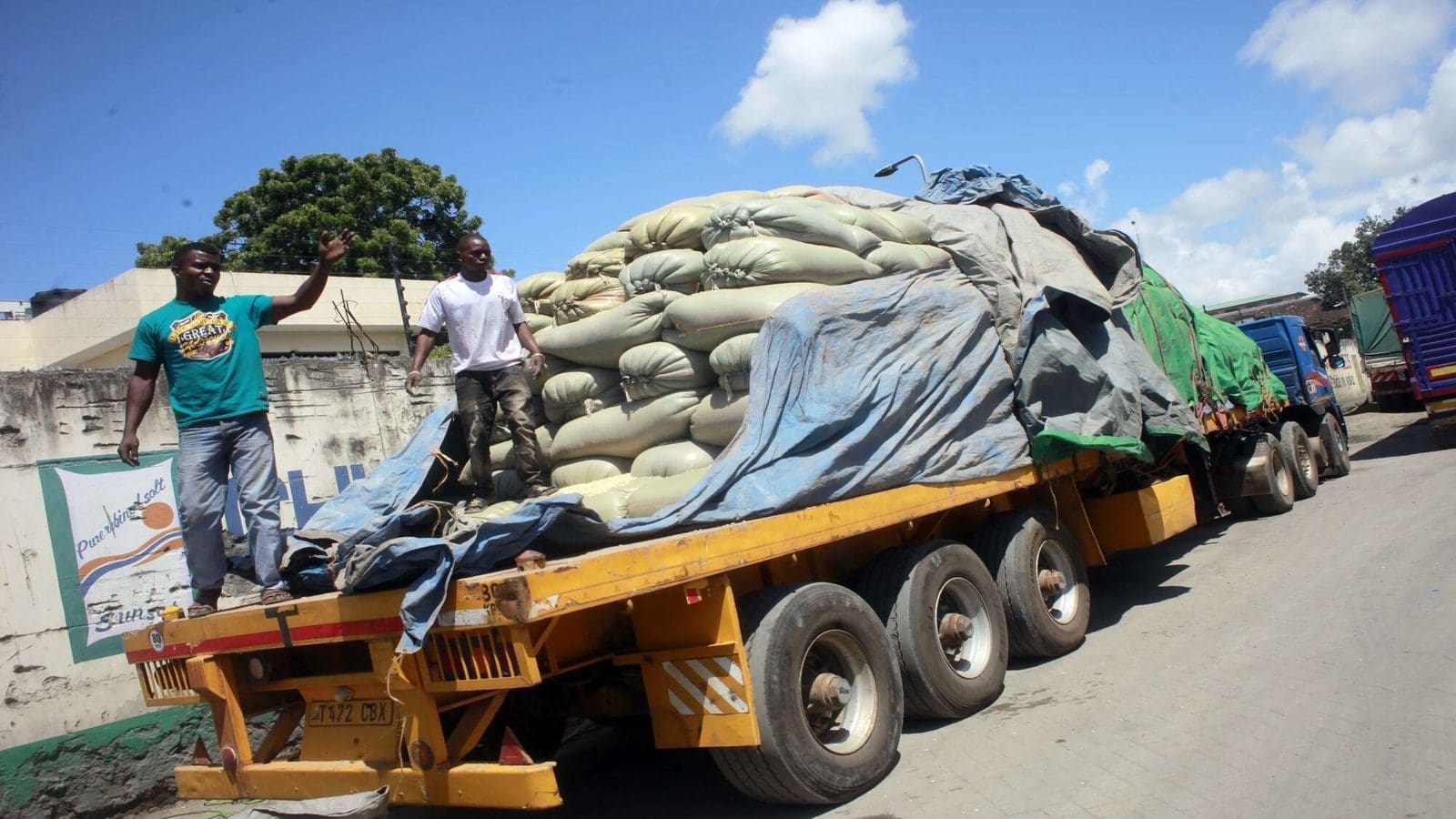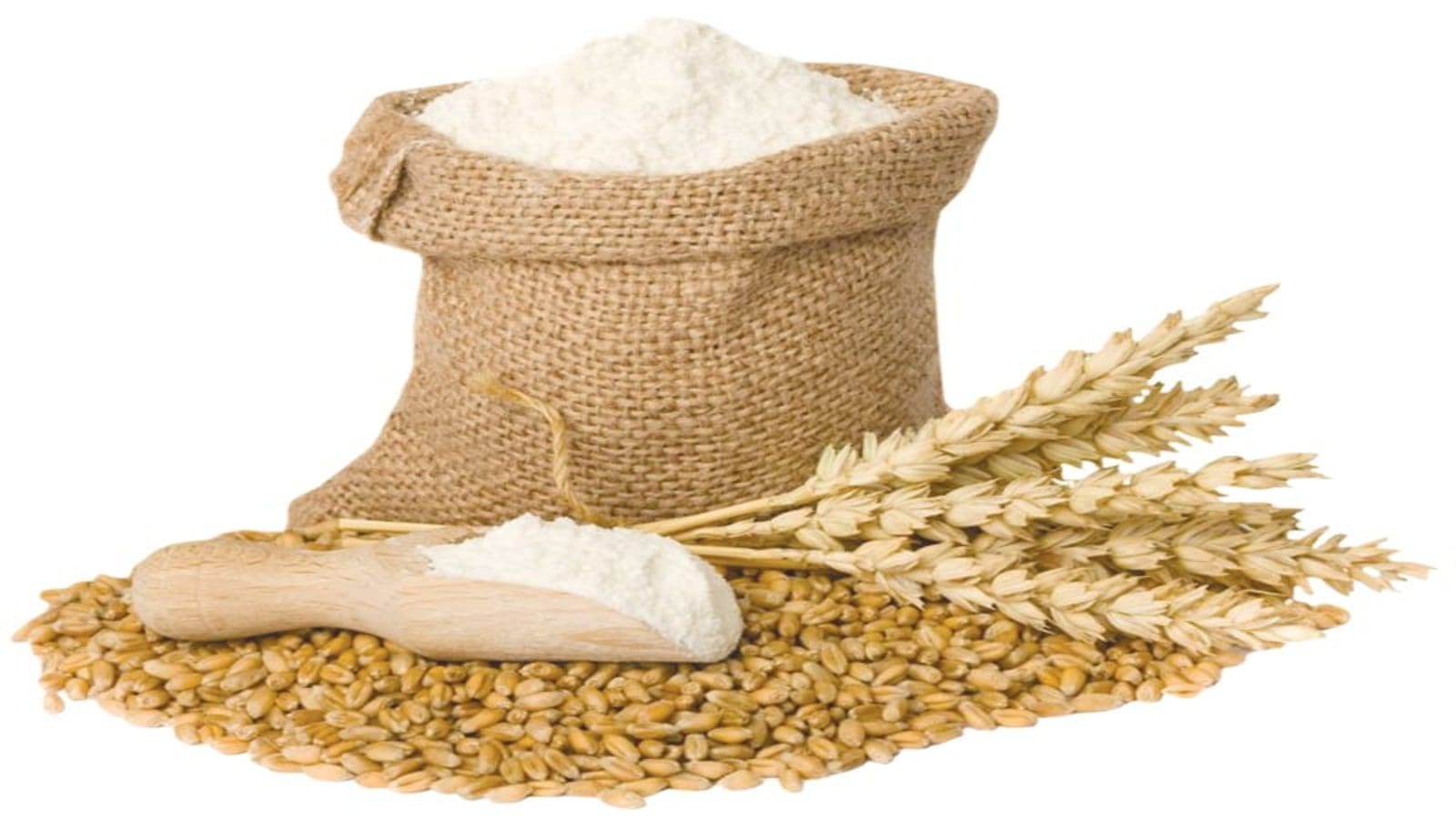MOROCCO – Morocco, a major cereal importer, has modified its wheat import subsidy scheme to make it easier for companies to bring in cargoes from the Black Sea region, World grain citing Reuters has reported.
The modification means that as of March, importers can receive a monthly subsidy if cargoes are loaded by the end of the month, unlike previously when ships had to arrive in Morocco by the month’s end
According to Reuters, the officials revealed that adjusting the import subsidy terms was aimed at encouraging shipments from the Black Sea region, which includes Russia and Ukraine, two of the world’s largest providers of wheat.
It is forecasted that the change could increase competition in a Moroccan import market dominated by wheat from France and other relatively nearby suppliers in the European Union.
This comes after the United Nations’ Food and Agriculture Organization’s (FAO) quarterly report indicated that drought and low rainfall drove Moroccan cereal production down by 60% to mark the largest decrease in the North African region in 2022.
The country suffered its worst drought in decades, leading to an estimated cereal production of nearly 3.3 million tonnes from the 10.4 million tonnes produced in 2021, a drop of more than 60%
Like other wheat importers, Morocco also faced record prices last year following Russia’s invasion of Ukraine which impacted the global grain trade.
The country is also experiencing wider food inflation where FAO reports that the Moroccan annual food inflation increased to over 10% by June 2022, before reaching a record 15.5% in December of the same year.
As a result, The US Department of Agriculture’s Foreign Agricultural Service estimates Morocco will import 7.5 million tonnes of wheat in 2022-23 to cater to its 37 million population
The subsidy scheme is also timely as FAO has earlier revealed that the reduced output has naturally had an effect on food prices in the region, with food price inflation continuing to increase at high levels in most of the region.
However, the FAO report noted that a substantial improvement in cereal and wheat crops in 2023 is still feasible should weather conditions improve throughout the rest of the year
For all the latest food industry news from Africa and the World, subscribe to our NEWSLETTER, follow us on Twitter and LinkedIn, like us on Facebook and subscribe to our YouTube channel.










